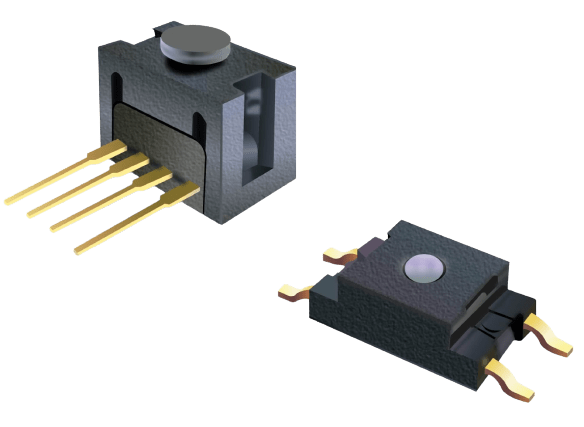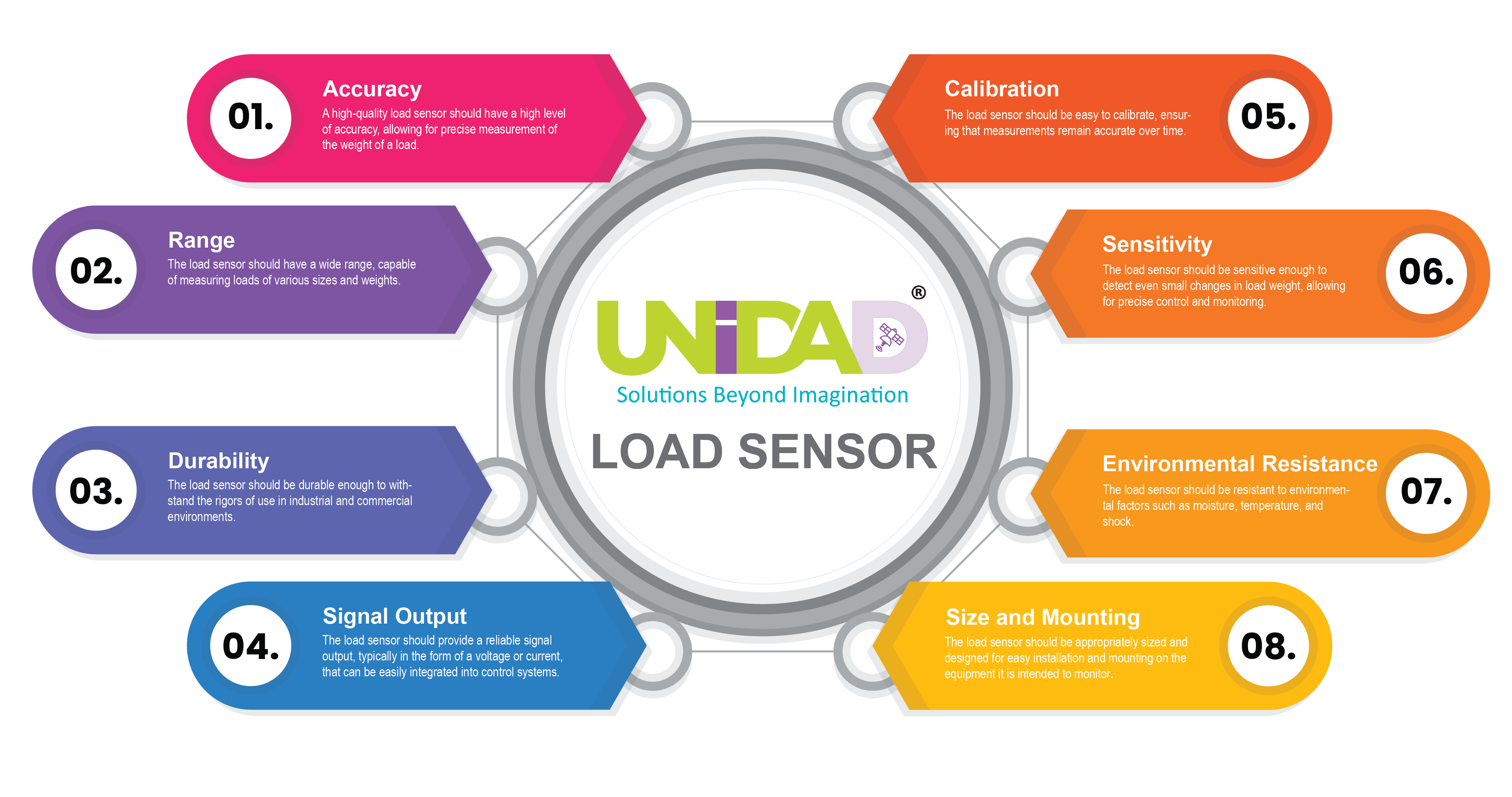Load Sensor
Load sensors in vehicles are used to measure the weight or load on the vehicle. This helps the vehicle’s suspension system to adjust to the weight and distribute it evenly to improve stability, handling, and braking. Load sensors are also used to prevent overloading of vehicles, which can cause damage to the vehicle and endanger other drivers on the road. Additionally, load sensors can help to monitor the payload of commercial trucks to ensure compliance with weight regulations.

Precise Weight Measurement: Load sensors provide an accurate measure of the weight being carried by the vehicle, ensuring that it does not exceed the safe carrying capacity. Overloading can cause accidents on the road due to negative impacts on vehicle handling and tire, brake and suspension wear and tear. Installing load sensors ensures that the vehicle is carrying only the appropriate weight limit, minimizing the risk of accidents and road-based issues such as damage to roads and bridges.
By knowing the exact weight of the load, drivers and fleet managers can optimize the vehicle’s fuel consumption by reducing unnecessary extra fuel for supporting the excessive load. Monitoring the load carried also helps in the detection of potential problems affecting the vehicle’s stability and handling, thereby avoiding costly and damaging wear over time. With load sensors, vehicles can be loaded more efficiently and accurately, thus speeding up loading and unloading times, reducing wait times and saving costs. Some jurisdictions require vehicles to adhere to specific weight regulations, failure to comply can result in heavy fines. Load sensors ensure compliance with such regulations, thereby reducing risks and costs associated with regulatory noncompliance.

